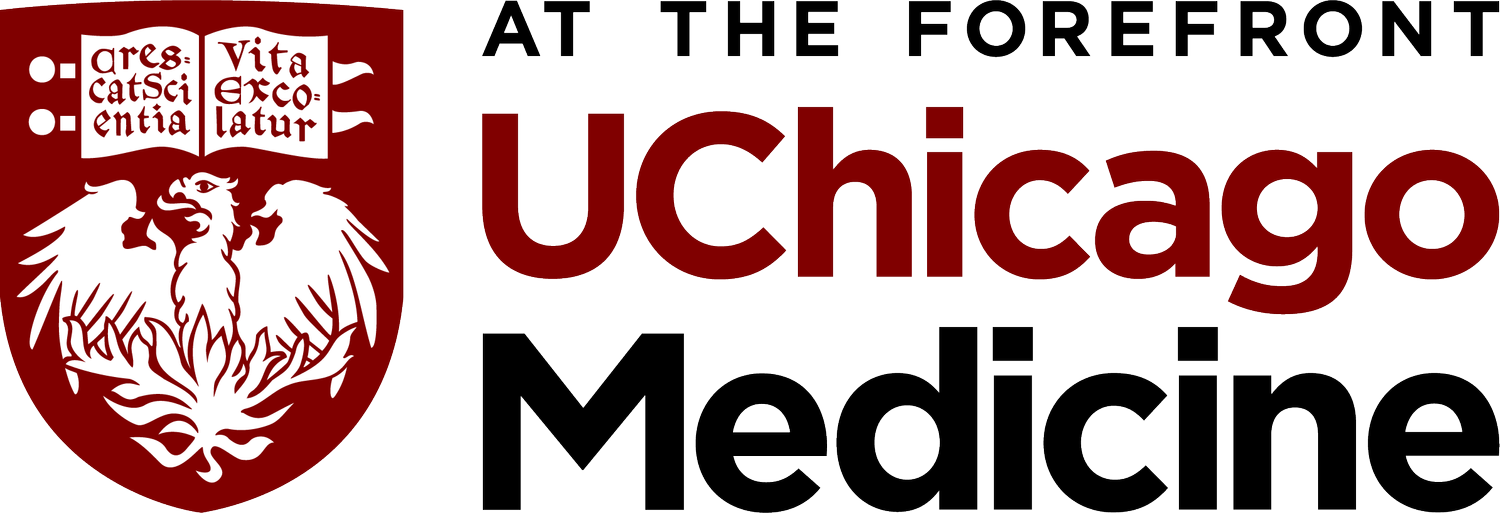Interventional pain fellowship
Program Director Welcome
……
Magdalena Anitescu, MD PhD
Program Director, Interventional Pain Medicine Fellowship Program
About our program
The University of Chicago offers four, one-year Accreditation Council for Graduate Medical Education accredited Pain Fellowship positions. Each fellowship comprises a 12-month program at The University of Chicago Medical Center, with intensive training in evaluating and treating patients with chronic non-cancer and cancer pain. The emphasis is on multidisciplinary approaches to pain management with a focus on outpatients, in-patients, and patients in intensive care settings. The environment of care includes consultations and collaboration with several specialties to meet the needs of our pain patients. The specialties include General Surgery, Pediatrics, Pediatric Surgery, General Medicine, Hematology/Oncology, OB/GYN, Neurosurgery, Orthopedics, Neurology, Radiology, Physical and Occupational Therapy, Rehabilitation Medicine, Psychology, and Psychiatry. In 2020, our program received the “Fellowship Excellence Award” from the American Academy of Pain Medicine (AAPM). The award is presented to one fellowship per year, selected from more than 100 programs nationwide and based on an evaluation of multidisciplinary approaches as well as the procedural and surgical acumen of pain fellows. Our pain fellowship is at the forefront of pain management, recognized for continually introducing innovative interventional and surgical procedures.
clinical training and rotations:
Pain fellows spend the majority of the year (~9 months) in the pain clinic at the UChicago Hyde Park and Orland Park clinics, which includes operating room time performing advanced procedures. The remaining time is divided between subspecialty rotations in palliative care (2 weeks), opioid use disorder (1 week), PM&R (2 weeks for non PMR fellows), neurology (2 weeks for non neurology fellows), anesthesiology (for non anesthesia fellows), outpatient pain psychology (2 weeks) and radiology (1 week). Fellows can also elect to take elective rotation time for research or in other areas aligned with the fellows’ interests such as acupuncture, regional, etc. Fellows will also gain experience rotating on the acute pain service for 2 weeks and will assist in backing up APS issues.
4 weeks of vacation time are provided and each fellow receives additional academic days and meeting days. Each fellow serves as the chief fellow for 3 months at a time during which he or she is responsible for functioning as a deputy director of operations, overseeing clinical activities and generating the fellow and resident schedules, lecture schedules and tending to administrative duties in order to develop leadership and administrative skills. During this time, each fellow receives an additional 2 administrative days. Fellows are primarily at the Hyde Park UChicago location but may also rotate at Orland Park for additional private-practice-like exposure.
One fellow will back up the acute pain service on weekends/holidays (approximately 1 weekend per month). This responsibility includes rounding with the APS team and tending to any cases or issues that arise over the weekend. Fellows also share call-coverage responsibilities during weekdays for the acute pain service during the day, without overnight responsibilities. There is no in-house call.
CURRICULUM:
-

PROCEDURE EXPOSURE
Our clinics and operating rooms are high volume and interventionally focused. Fellows can expect to be quickly proficient in both fluoroscopic and ultrasound guided bread and butter clinic procedures and significant exposure in OR procedures. Advanced procedures in the OR include spinal cord stimulation trial and implants, intrathecal pump trials and implants, kyphoplasty, basivertebral ablation, interspinous spacer devices, dorsal root ganglion stimulation, peripheral nerve stimulation and others. The pain division optimizes operating room block time for performing surgical procedures, which accounts for two days (15-20 hours of operating room time) per week every week of the year. Fellows are exposed to theories, indications, and practical applications of various procedures for diagnostic and therapeutic purposes in a variety of acute and chronic pain states.
The following are other commonly performed clinic procedures: trigger point injections (with and without ultrasound), joint and bursa injections (US/fluoro), radiofrequency nerve ablations (shoulder, genicular, medial branch), paravertebral and fascial plane block, caudal, lumbar, thoracic and cervical epidural steroid injections, transforaminal epidural steroid injections, lumbar facet and medial branch blocks, caudal lysis of epidural adhesions, peripheral nerve blocks, diagnostic and neurolytic sympathetic ganglia and plexus blocks, peripheral nerve catheters, other peripheral nerve blocks.
-
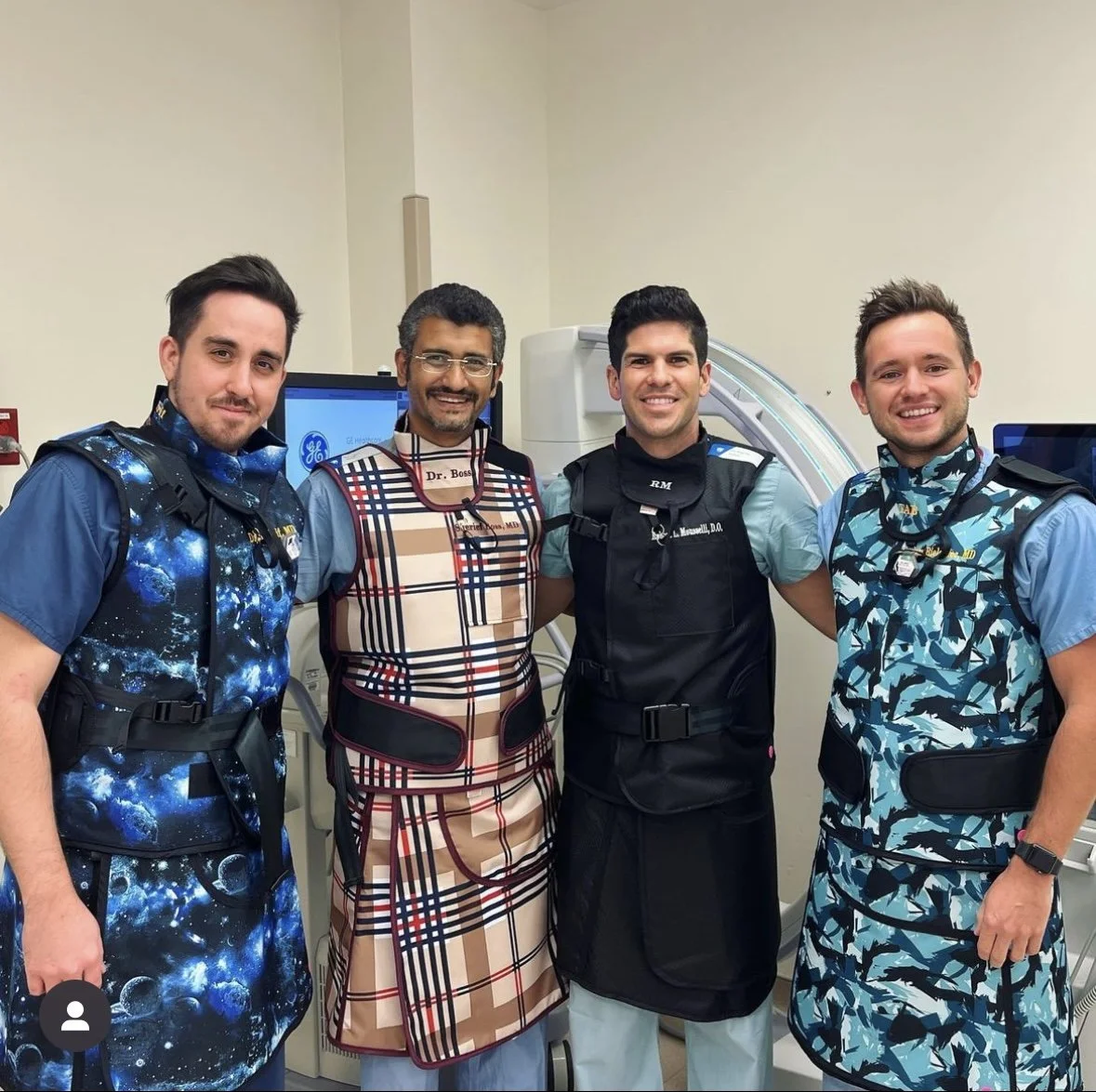
DIDACTICS
We offer a strong didactic curriculum that covers the ABA Pain Medicine content outline. Didactics are given by faculty members, fellows and residents rotating through pain and occur most days of the week during lunch time. These also include journal clubs, M&M conferences, guest speakers, radiology lectures and device company demonstrations. Pritzker medical school medical students and residents from various specialties rotate through the pain clinic. Fellows attend surgical skills workshops throughout the year and participate in joint sessions with other programs in Chicago. Involvement in training sessions and academic opportunities is encouraged.
-
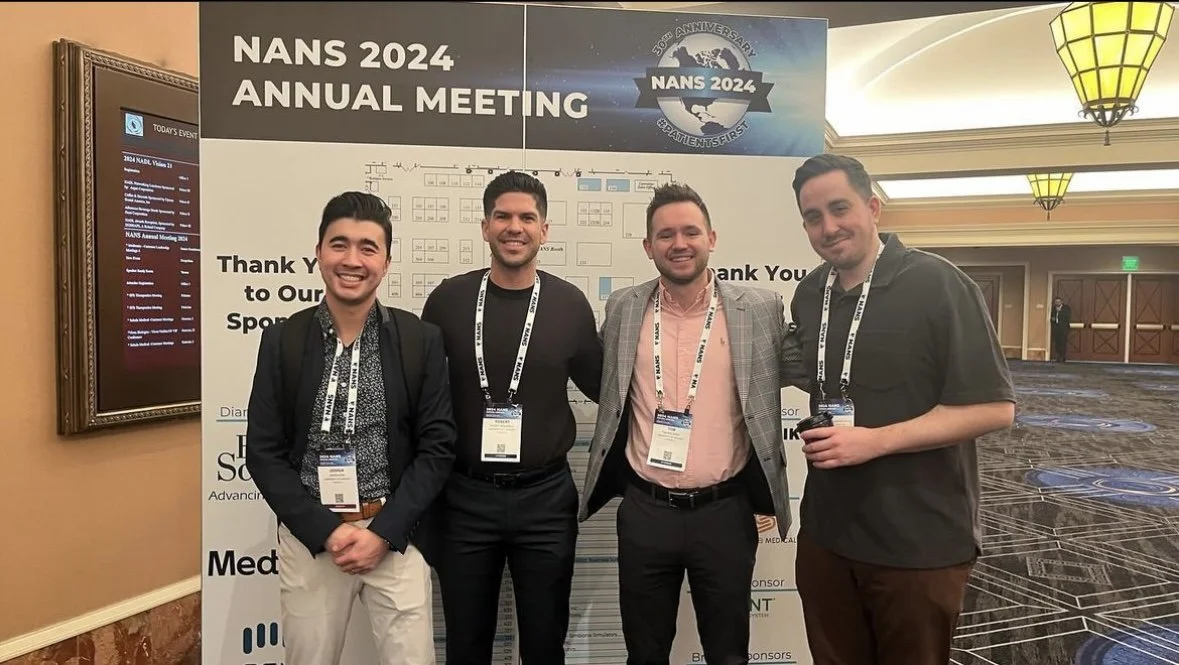
SCHOLARLY ACTIVITY
Fellows are encouraged to participate in scholarly activity projects. Fellows typically present abstracts and medically challenging cases at local, regional and national conferences (ASRA, NANS, etc). Fellows also work on a quality improvement project and participate in other ongoing projects (book chapters, review articles, clinical research). Fellows can request additional elective time designated for research if this is of interest. Fellows also participate in the annual Chicago Pain Summit, a multi-institutional seminar that brings together all of the programs across the Chicagoland area. There are ample opportunities to work with faculty mentors and within the department. The pain clinic has a robust research section that includes industry-funded and investigator-initiated research opportunities and past fellows have earned research distinctions.
our facilities
The pain medicine clinic is located at the Duchossois Center for Advanced Medicine (DCAM). It resides in the outpatient center of the University of Chicago Medical Center, clinic 3E.
The clinic consists of six exam rooms, two recovery bays and two fluoroscopic procedure suites. Surgical procedures are performed at the DCAM outpatient surgery center (one floor below) and at the Center for Care and Discovery (CCD). The pain department extends to off-site facilities in Orland Park, Downtown Chicago and Crown Point.
Meet our Team
-

MAGDALENA ANITESCU, MD PHD
SECTION CHIEF, PAIN MEDICINE
PROFESSOR OF ANESTHESIA & CRITICAL CARE
-
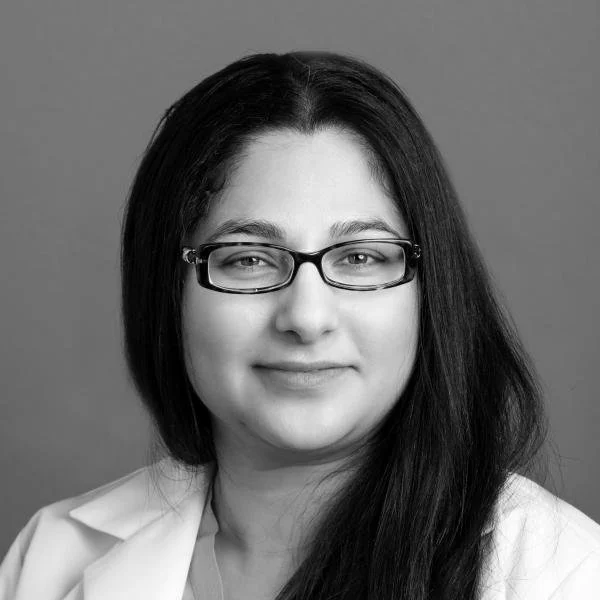
DALIA ELMOFTY, MD
PROGRAM DIRECTOR, PAIN MEDICINE
ASSOCIATE PROFESSOR OF ANESTHESIA & CRITICAL CARE MEDICINE
-

TARIQ MALIK, MD
ASSOCIATE PROFESSOR OF ANESTHESIA & CRITICAL CARE
-

JOSHUA GARZA, MD
CLINICAL ASSOCIATE OF ANESTHESIA & CRITICAL CARE MEDICINE
-

Bhuvaneswari Sandeep Ram, MD
ASSISTANT PROFESSOR OF ANESTHESIA & CRITICAL CARE MEDICINE
-
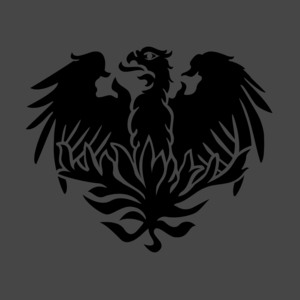
JIANZHOU XIAO, MD
ASSISTANT PROFESSOR OF ANESTHESIA & CRITICAL CARE MEDICINE
-

JOSHUA PAN, MD
ASSISTANT PROFESSOR OF ANESTHESIA & CRITICAL CARE
MEET THE FELLOWS
-
THOMAS BIELAWIEC, MD
MEDICAL SCHOOL: University of Illinois at Chicago
RESIDENCY: University of Chicago
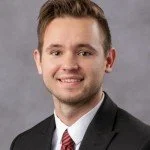
-
ROBERT MOUSSELI, MD
MEDICAL SCHOOL: Western University College of Osteopathic Medicine of the Pacific
RESIDENCY: Memorial Healthcare System
PM&R
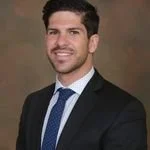
-
SHERIEF BOSS, MD
MEDICAL SCHOOL: Ain Shams University Faculty of Medicine, Egypt
RESIDENCY: University of Chicago, Neurology

-
DANIEL TRIF, MD
MEDICAL SCHOOL: Univ. of Arizona
RESIDENCY: Univ. of Texas, San Antonio, TX

BENEFITS:
Comprehensive benefits plan through UChicago Medicine with multiple tiers of coverage for Medical, FSA, Dental, Vision, Retirement, Disability, etc.
$1500 educational stipend - can be used for any academic expenses or to attend ASA, ASRA, NANS or other society meetings.
Membership in the American Society of Regional Anesthesia (ASRA)
Anesthesiology fellows can moonlight as anesthesia attendings in the ORs (post 5pm and on weekend shifts).
20 vacation days/year
Additional academic/meeting days for research, meetings or other uses.
Administrative days during chief fellow months.
How to apply:
We offer 4 pain fellowship positions per year. I nterviews for the 2024 match cycle will occur on 5/29, 6/6 and 6/9. Pain management positions are filled through the national resident matching program (NRMP) utilizing the electronic residency application service (ERAS). For more information, please visit their websites at www.nrmp.org and aamc.org/eras. In addition to the ERAS application, please e-mail Tiffany Schmidt at tschmidt@bsd.uchicago.edu regarding your basic exam scores.
Contact Us:
Address:
5841 S. Maryland Ave, #E408
Chicago, IL
Fellowship Coordinator:
Tiffany Schmidt
tschmidt@dacc.uchicago.edu
Fellowship Program Director:
Magdalena Anitescu, MD PhD
manitescu@bsd.uchicago.edu
